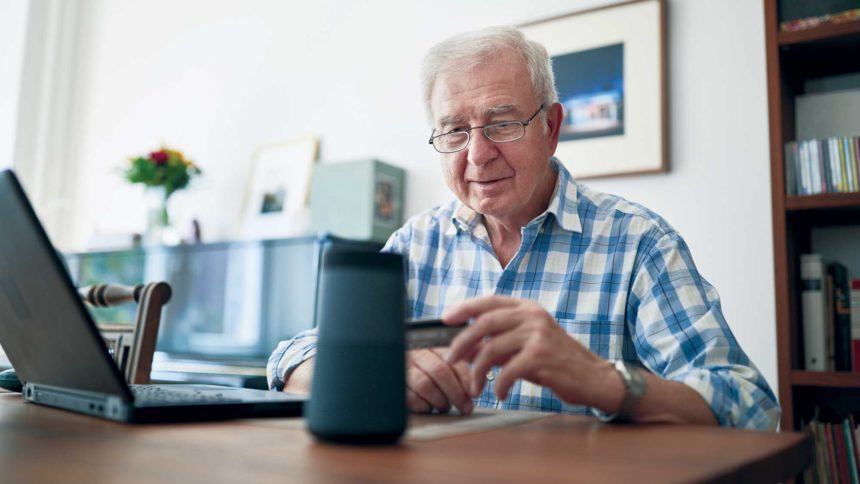
Voice assistants could play a vital role in reducing loneliness and improving the psychological well-being of older adults, according to a recent review by Spanish researchers at the Universitat Oberta de Catalunya.
Investigators found that 85% of the studies examined showed a direct link between the use of these devices and a reduction in loneliness. Some older adults even described their voice assistants as “friends” or “companions,” emphasizing the emotional connection they felt with the technology.
For skilled care providers and senior living operators, voice assistants could offer a practical solution to help improve residents’ mental health and overall quality of life. The ability of the devices to provide social interaction, even if only virtual, can help mitigate feelings of isolation, particularly for people in long-term care residential or homebound environments, advocates claim. With features such as reminders for medications, access to entertainment and quick responses to inquiries, voice assistants could ease the daily lives of older adults and foster a sense of connectedness.
The implementation of voice assistants among older adults is not without its challenges, however. Barriers such as unfamiliarity with the technology, resistance to change and mistrust of devices must be addressed, the investigators noted.
Further, for the devices to be fully effective, they need to be adapted to meet the specific needs of each individual and improve their ability to hold more complex, human-like conversations. This personalization is essential to maximizing their effectiveness as emotional support tools, the authors said.
Training and ongoing support also will be necessary to help older adults integrate voice assistants into their daily routines.
Although voice assistants are not intended to replace human interaction, they offer an innovative solution that can help bridge gaps in social connection, especially when physical contact with family and friends is limited. For care providers, integrating voice assistants could be a meaningful step toward improving both the emotional and practical aspects of elderly care. As the aging population grows, technologies such as voice assistants may become essential tools for maintaining mental health and enhancing the quality of life for older adults.




